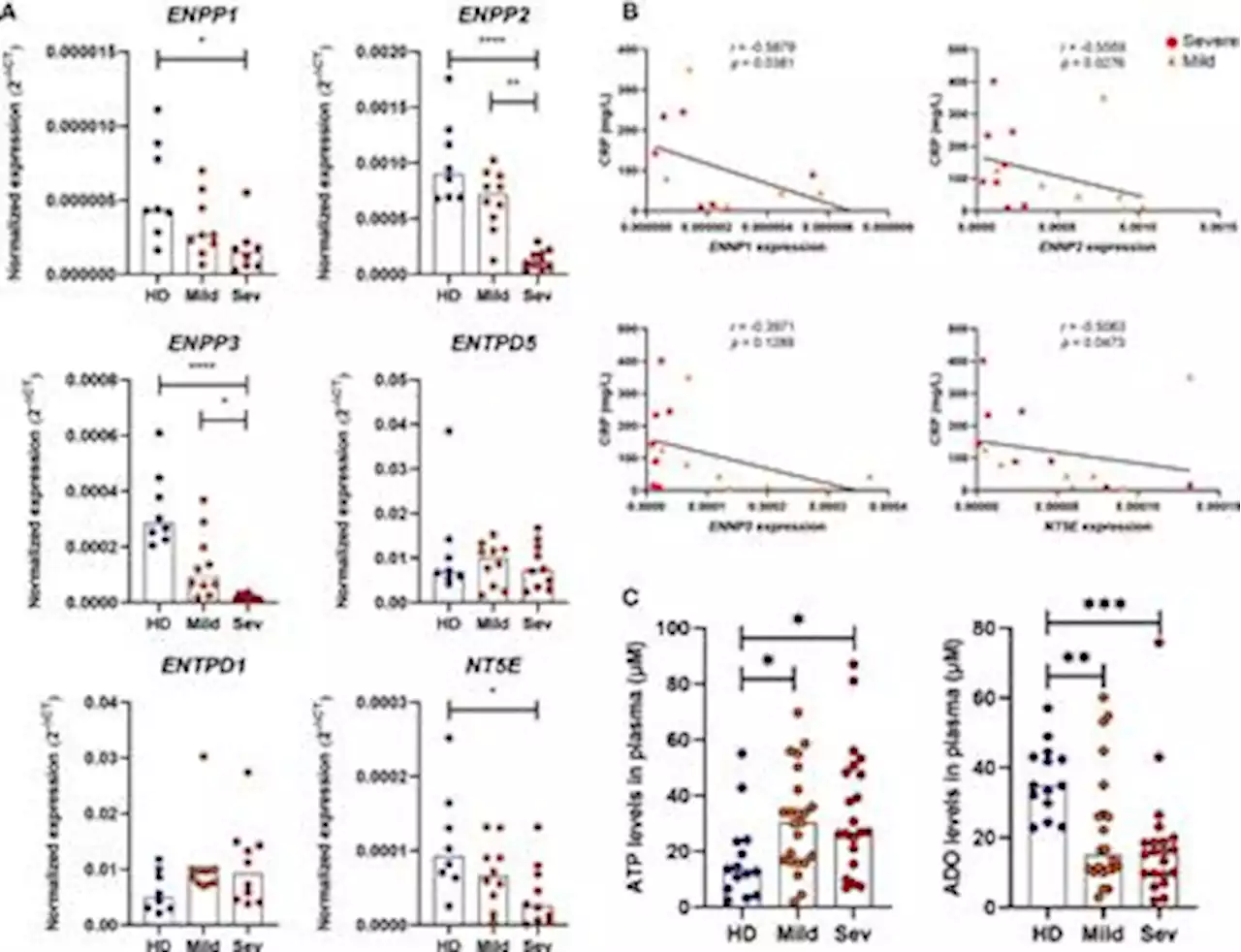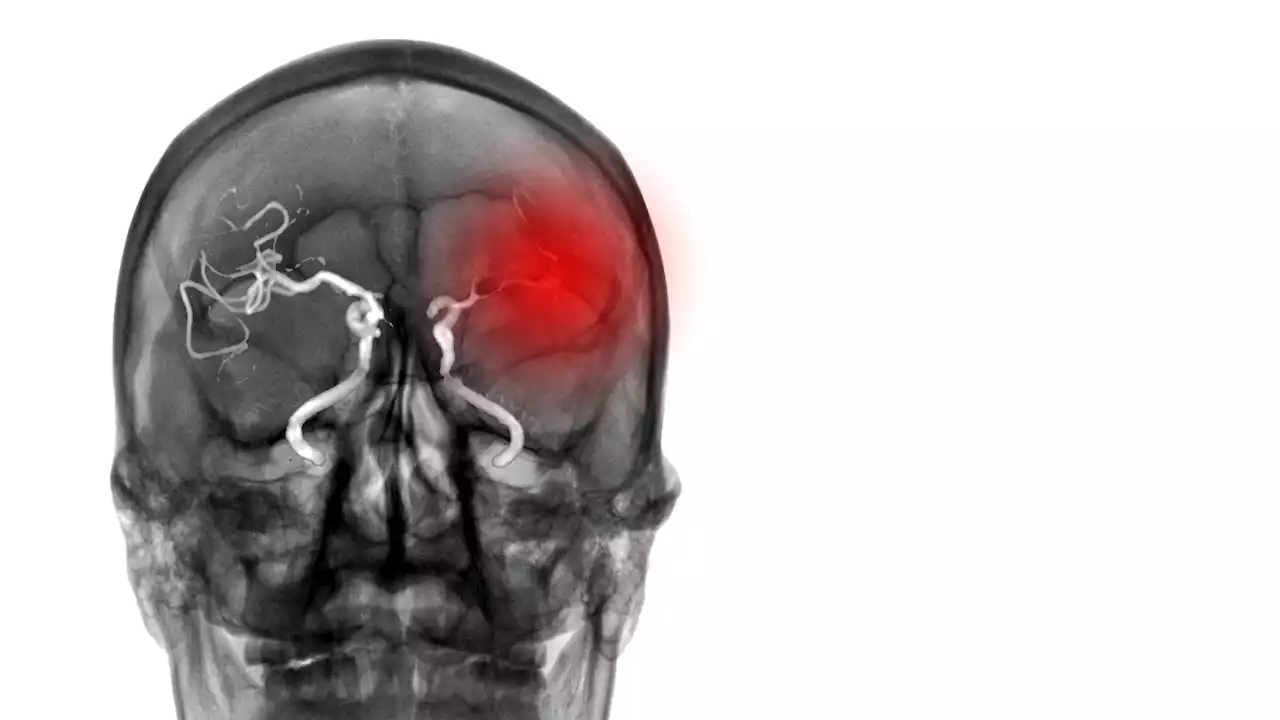Exploring clinical characteristics and outcomes of hospitalized COVID-19 patients UvA_Amsterdam COVID19 SARSCoV2 ClinicalCharacteristics Hospitalization
By Tarun Sai LomteNov 24 2022Reviewed by Aimee Molineux In a recent study published in Open Forum Infectious Diseases, researchers described the clinical characteristics and outcomes of patients hospitalized with coronavirus disease 2019 in the Netherlands.
About the study In the present study, researchers described COVID-19 characteristics and outcomes in hospitalized patients and analyzed the association between new COVID-19 therapies and some clinical outcomes in the Netherlands. Data from the CovidPredict database and the Dutch National Intensive Care Evaluation registry were used.
Baseline patient characteristics and outcomes were compared using one-way analysis of variance , Kruskal-Wallis, and Chi-squared tests for parametric, non-parametric, and categorical data, respectively. Ward and ICU patients were separately analyzed. The primary and secondary outcomes were examined using Cox regression.
The proportion of males admitted to hospital wards and the median age of ward patients decreased over COVID-19 waves. Likewise, crude in-hospital mortality for patients admitted to wards decreased from 21% in the first wave to 15% in the fourth wave. Hydroxychloroquine and lopinavir/ritonavir were almost exclusively used during the first wave, and remdesivir was used in the second wave.
Danmark Seneste Nyt, Danmark Overskrifter
Similar News:Du kan også læse nyheder, der ligner denne, som vi har indsamlet fra andre nyhedskilder.
 The negative impact of COVID-19 on working memory revealed using a rapid online quizAlthough coronavirus disease 2019 (COVID-19) affects the respiratory system, it can also have neurological consequences leading to cognitive deficits such as memory problems. The aim of our study was to assess the impact of COVID-19 on working memory function. We developed and implemented an online anonymous survey with a working memory quiz incorporating aspects of gamification to engage participants. 5428 participants successfully completed the survey and memory quiz between 8th December 2020 and 5th July 2021 (68.6% non-COVID-19 and 31.4% COVID-19). Most participants (93.3%) completed the survey and memory quiz relatively rapidly (mean time of 8.84 minutes). Categorical regression was used to assess the contribution of COVID status, age, time post-COVID (number of months elapsed since having had COVID), symptoms, ongoing symptoms and gender, followed by non-parametric statistics. A principal component analysis explored the relationship between subjective ratings and objective memory scores. The objective memory scores were significantly correlated with participants’ own assessment of their cognitive function. The factors significantly affecting memory scores were COVID status, age, time post-COVID and ongoing symptoms. Our main finding was a significant reduction in memory scores in all COVID groups (self-reported, positive-tested and hospitalized) compared to the non-COVID group. Memory scores for all COVID groups combined were significantly reduced compared to the non-COVID group in every age category 25 years and over, but not for the youngest age category (18–24 years old). We found that memory scores gradually increased over a period of 17 months post-COVID-19. However, those with ongoing COVID-19 symptoms continued to show a reduction in memory scores. Our findings demonstrate that COVID-19 negatively impacts working memory function, but only in adults aged 25 years and over. Moreover, our results suggest that working memory deficits with COVID-19 can recov
The negative impact of COVID-19 on working memory revealed using a rapid online quizAlthough coronavirus disease 2019 (COVID-19) affects the respiratory system, it can also have neurological consequences leading to cognitive deficits such as memory problems. The aim of our study was to assess the impact of COVID-19 on working memory function. We developed and implemented an online anonymous survey with a working memory quiz incorporating aspects of gamification to engage participants. 5428 participants successfully completed the survey and memory quiz between 8th December 2020 and 5th July 2021 (68.6% non-COVID-19 and 31.4% COVID-19). Most participants (93.3%) completed the survey and memory quiz relatively rapidly (mean time of 8.84 minutes). Categorical regression was used to assess the contribution of COVID status, age, time post-COVID (number of months elapsed since having had COVID), symptoms, ongoing symptoms and gender, followed by non-parametric statistics. A principal component analysis explored the relationship between subjective ratings and objective memory scores. The objective memory scores were significantly correlated with participants’ own assessment of their cognitive function. The factors significantly affecting memory scores were COVID status, age, time post-COVID and ongoing symptoms. Our main finding was a significant reduction in memory scores in all COVID groups (self-reported, positive-tested and hospitalized) compared to the non-COVID group. Memory scores for all COVID groups combined were significantly reduced compared to the non-COVID group in every age category 25 years and over, but not for the youngest age category (18–24 years old). We found that memory scores gradually increased over a period of 17 months post-COVID-19. However, those with ongoing COVID-19 symptoms continued to show a reduction in memory scores. Our findings demonstrate that COVID-19 negatively impacts working memory function, but only in adults aged 25 years and over. Moreover, our results suggest that working memory deficits with COVID-19 can recov
Læs mere »
 Frontiers | Dysfunctional purinergic signaling correlates with disease severity in COVID-19 patientsEctonucleotidases modulate inflammatory responses by balancing extracellular ATP and adenosine (ADO) and might be involved in COVID-19 immunopathogenesis. Here, we explored the contribution of extracellular nucleotides metabolism to COVID-19 severity in mild and severe cases of the disease. We verified that the gene expression of ectonucleotidases is reduced in the whole blood of patients with COVID-19 and is negatively correlated to CRP plasma levels, an inflammatory marker of disease severity. In line with these findings, COVID-19 patients present higher ATP levels in plasma and reduced levels of ADO when compared to healthy controls. Cell type-specific analysis revealed higher frequencies of CD39+ T cells in severely ill patients, while CD4+ and CD8+ expressing CD73 are reduced in this same group. The frequency of B cells CD39+CD73+ is also decreased during acute COVID-19. Interestingly, B cells from COVID-19 patients showed a reduced capacity to hydrolyze ATP into ADP and ADO. Furthermore, impaired expression of ADO receptors and a compromised activation of its signaling pathway is observed in COVID-19 patients. The presence of ADO in vitro, however, suppressed inflammatory responses triggered in patients’ cells. In summary, our findings support the idea that alterations in the metabolism of extracellular purines contribute to immune dysregulation during COVID-19, possibly favoring disease severity, and suggest that ADO may be a therapeutic approach for the disease.
Frontiers | Dysfunctional purinergic signaling correlates with disease severity in COVID-19 patientsEctonucleotidases modulate inflammatory responses by balancing extracellular ATP and adenosine (ADO) and might be involved in COVID-19 immunopathogenesis. Here, we explored the contribution of extracellular nucleotides metabolism to COVID-19 severity in mild and severe cases of the disease. We verified that the gene expression of ectonucleotidases is reduced in the whole blood of patients with COVID-19 and is negatively correlated to CRP plasma levels, an inflammatory marker of disease severity. In line with these findings, COVID-19 patients present higher ATP levels in plasma and reduced levels of ADO when compared to healthy controls. Cell type-specific analysis revealed higher frequencies of CD39+ T cells in severely ill patients, while CD4+ and CD8+ expressing CD73 are reduced in this same group. The frequency of B cells CD39+CD73+ is also decreased during acute COVID-19. Interestingly, B cells from COVID-19 patients showed a reduced capacity to hydrolyze ATP into ADP and ADO. Furthermore, impaired expression of ADO receptors and a compromised activation of its signaling pathway is observed in COVID-19 patients. The presence of ADO in vitro, however, suppressed inflammatory responses triggered in patients’ cells. In summary, our findings support the idea that alterations in the metabolism of extracellular purines contribute to immune dysregulation during COVID-19, possibly favoring disease severity, and suggest that ADO may be a therapeutic approach for the disease.
Læs mere »
 Study finds that pediatric stroke is associated with COVID-19 infections but not with multisystem inflammatory syndromeResearchers investigated whether coronavirus disease 2019 (COVID-19) and multisystem inflammatory syndrome in children (MIS-C) were associated with an increased risk of ischemic stroke in pediatric populations.
Study finds that pediatric stroke is associated with COVID-19 infections but not with multisystem inflammatory syndromeResearchers investigated whether coronavirus disease 2019 (COVID-19) and multisystem inflammatory syndrome in children (MIS-C) were associated with an increased risk of ischemic stroke in pediatric populations.
Læs mere »
 Proteomic analysis identifies novel phenotypes associated with COVID-19 severity in circulating immune cellsProteomic analysis identifies novel phenotypes associated with COVID-19 severity in circulating immune cells medrxivpreprint Cambridge_Uni SARSCoV2 COVID19 Severity ProteomicAnalysis
Proteomic analysis identifies novel phenotypes associated with COVID-19 severity in circulating immune cellsProteomic analysis identifies novel phenotypes associated with COVID-19 severity in circulating immune cells medrxivpreprint Cambridge_Uni SARSCoV2 COVID19 Severity ProteomicAnalysis
Læs mere »
 Myocarditis after COVID vaccination is rare but higher in younger malesIn a recent study published in the Canadian Medical Association Journal, researchers observed the incidence of myocarditis following messenger ribonucleic acid (mRNA)-based vaccination against coronavirus disease 2019 (COVID-19). Additionally, they compared their estimates with expected rates based on the historical rates assessed before the COVID-19 vaccination rollout in British Columbia (BC), Canada.
Myocarditis after COVID vaccination is rare but higher in younger malesIn a recent study published in the Canadian Medical Association Journal, researchers observed the incidence of myocarditis following messenger ribonucleic acid (mRNA)-based vaccination against coronavirus disease 2019 (COVID-19). Additionally, they compared their estimates with expected rates based on the historical rates assessed before the COVID-19 vaccination rollout in British Columbia (BC), Canada.
Læs mere »
